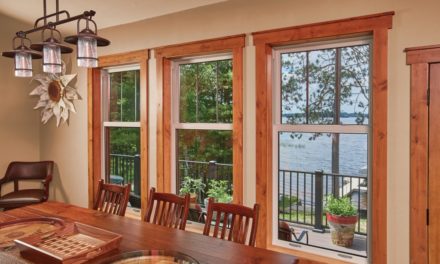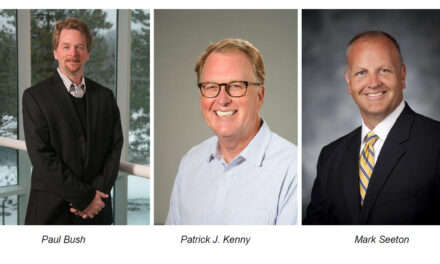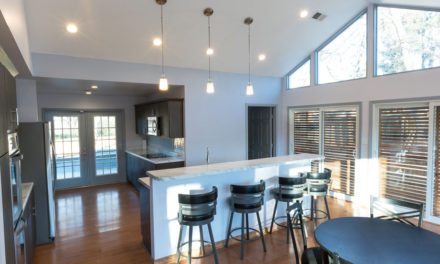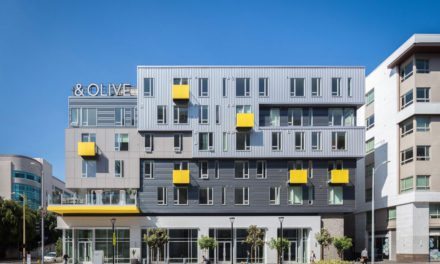Tampa, Fl.—Michael Baker International, a global leader in engineering, planning and consulting services, October 23, announced the completion of a seagrass restoration demonstration project as part of a larger safety improvement program at Merritt Island Airport in Brevard County, Florida. The firm, in partnership with Sea and Shoreline, LLC; the Brevard Zoo; and Titusville Cocoa Airport Authority, harvested seagrass from the end of the airport’s Runway 29, grew it in a nursery and replanted it at a one-acre seagrass island, known as the Rodney Thompson Seagrass Island, that was created as mitigation for unavoidable environmental impacts associated with the Merritt Island Airport Runway 11-29 Safety Area Improvements project.
Striking the balance between safety and environmental protection was the top priority for Michael Baker during the runway safety area improvements project at Merritt Island Airport. The airport’s 3,601-foot runway sits on a peninsula surrounded by the Banana River Aquatic Preserve, and between 1988 and 2014 experienced 34 incidents involving airplanes rolling off the runway and some into the river. To improve passenger safety, the Runway Safety Area (RSA) was extended by 185 feet to meet current Federal Aviation Administration (FAA) design standards. However, the RSA impacted a portion of seagrass historically grown at the end of the runway.
“At Michael Baker, we pride ourselves on being environmental stewards who partner with the communities we serve to create sustainable solutions to complex challenges. We aimed to mitigate any unavoidable environmental impact caused by our runway improvement efforts and voluntarily undertook measures to save the seagrass,” said Mariben Andersen, an environmental manager in Michael Baker International’s Aviation practice. “Michael Baker emphasizes teamwork and collaboration, along with fostering a culture of innovation to solve complex problems, so the team’s joint efforts demonstrated how ‘We Make a Difference’ through smart thinking, engineering and science, to grow seagrass in the lagoon.”
The Rodney Thompson Island Seagrass Restoration Demonstration Project at Merritt Island Airport demonstrated specific methods for designing, planting and growing seagrass in the Indian River Lagoon. The Michael Baker team designed the seagrass island elevation based on areas where seagrass thrived in the lagoon and took the top 12-inches of soil from thriving seagrass beds in the impact area and relocated it to the island. A non-eutrophying subaqueous growth enhancing formula was injected into the sediment where the seagrass was planted to promote rhizome growth and SAVGROW® herbivory protection devices were used to prevent grazing until the seagrass was established.
To measure the project’s success, project scientists and Florida Institute of Technology students led by Professor Jonathan Shenker are monitoring seagrass growth. Since the initial seagrass installation in September 2016, the plants have successfully thrived in the lagoon, covering more than half of the island. The seagrass restoration project was funded by Laurilee Thompson, whose father, Rodney, is the namesake of the newly created seagrass island.
About Michael Baker International
Michael Baker International is a leading global provider of engineering and consulting services, which include planning, architectural, environmental, construction, program management, and full life-cycle support services as well as information technology and communications services and solutions. The company provides its comprehensive range of services and solutions in support of U.S. federal, state, and municipal governments, foreign allied governments, and a wide range of commercial clients. Michael Baker International has more than 6,000 employees in more than 90 locations across the U.S. and internationally. To learn more visit www.mbakerintl.com.




